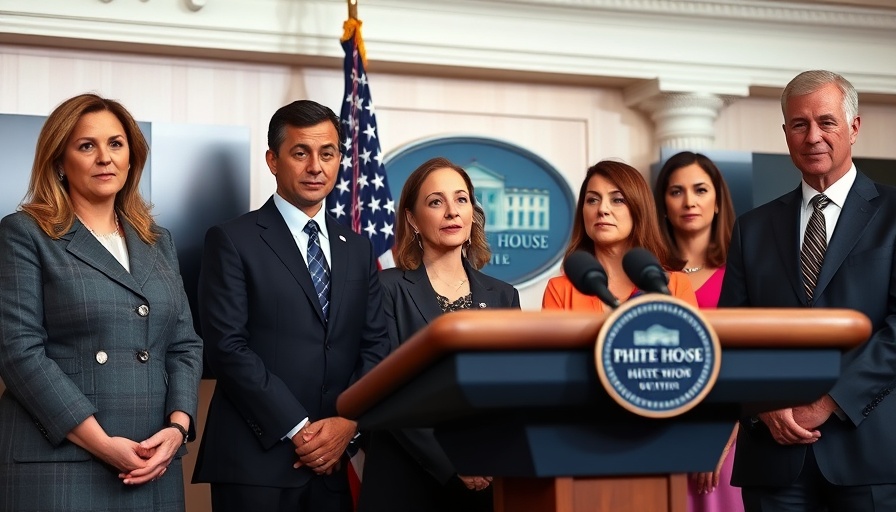
Unearthing the Roots of Birx's Controversial Appointment
Deborah Birx, who rose to prominence as the White House Coronavirus Task Force Coordinator in February 2020, epitomizes the controversial intersection of health policy and government machinations. Appointed directly from the U.S. Agency for International Development (USAID), Birx had little to no background in the fields of epidemiology or pandemic response. Instead, she was handpicked by officials from the National Security Council and Secretary of State Mike Pompeo, effectively sidelining traditional public health agencies like the CDC.
This appointment raises significant concerns about the underlying motives behind her selection, particularly as USAID has long been marred by allegations of being a front for CIA operations aimed at political destabilization globally. Critics argue that Birx's policies during the COVID-19 pandemic, which included mask mandates and sweeping lockdowns, were less about science and more about controlling the narrative for a government agenda.
Shadow Governance Amidst the COVID Crisis
The implications of Birx’s appointment have extended far beyond a single individual’s influence. Following her directives, numerous policies emerged that many deem authoritarian. These government-imposed restrictions drew comparisons to totalitarian regimes, prompting questions about civil liberties. Critics, including Dr. Scott Atlas, a fellow member of the Task Force, emphasized a significant lack of clarity regarding Birx's authority and the legitimacy of her advisory role.
The Hidden Agenda of a Fragmented Health Response
There are alarming suggestions that Birx was playing a dual role in orchestrating a broader agenda aimed at destabilizing the United States. The idea that her actions supported an agenda of globalist policies, encouraging the use of taxpayer dollars to sow discord, raises substantial ethical questions. The evidence suggests a growing mistrust of government as a preventive measure to control public health, rather than enhance it from a scientific basis.
Public Reaction and Societal Divisions
Birx's role in implementing public health policies during a time of crisis has been met with fervent backlash from various societal factions, further illustrating the divisive nature of her tenure. While public health experts criticized the lack of science-based measures, proponents of these policies echoed promises of safety through compliance. This schism has exacerbated tensions in American society, leading to strained community relations.
What Lies Ahead: Predicting Future Health Governance
As the dust settles on the tumultuous period marked by Birx’s leadership, we must consider the implications for future governance in public health. Will the trend toward shadow management of health initiatives continue, or will there be a shift toward accountability and transparency? The lessons learned during this pandemic must not fade into obscurity as new leaders rise. In this environment, the challenge lies in discerning genuine public health initiatives from politicized agendas that sideline scientific discourse.
 Add Row
Add Row  Add
Add 




 Add Row
Add Row  Add
Add 



Write A Comment